Retail, The Grands Magasins Dufayel (1856)
Artist/Designer: Alfred Le Bègue
Project Location: Paris, France
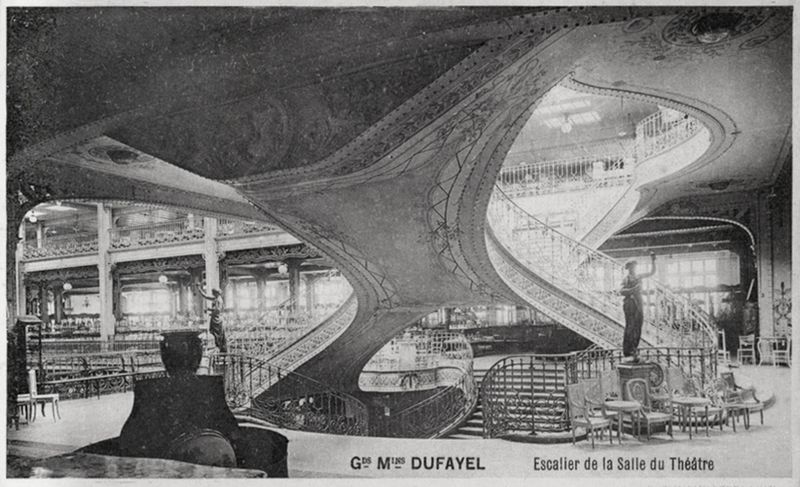
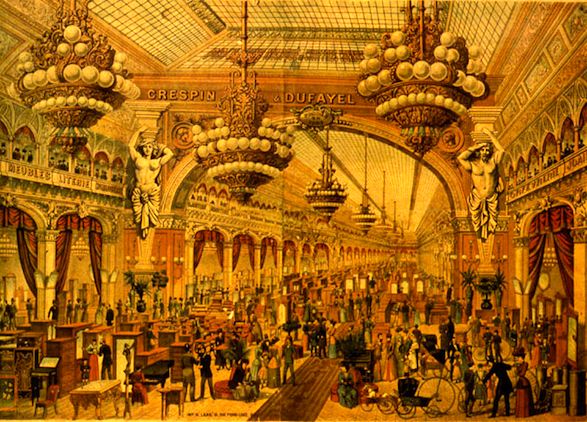
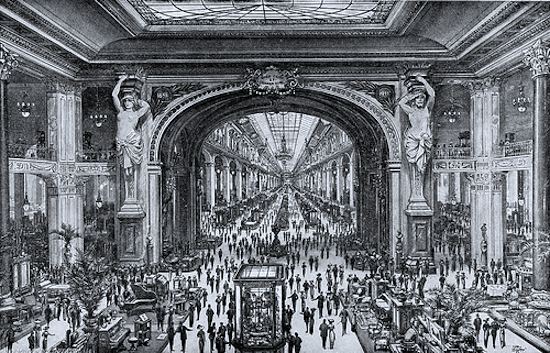
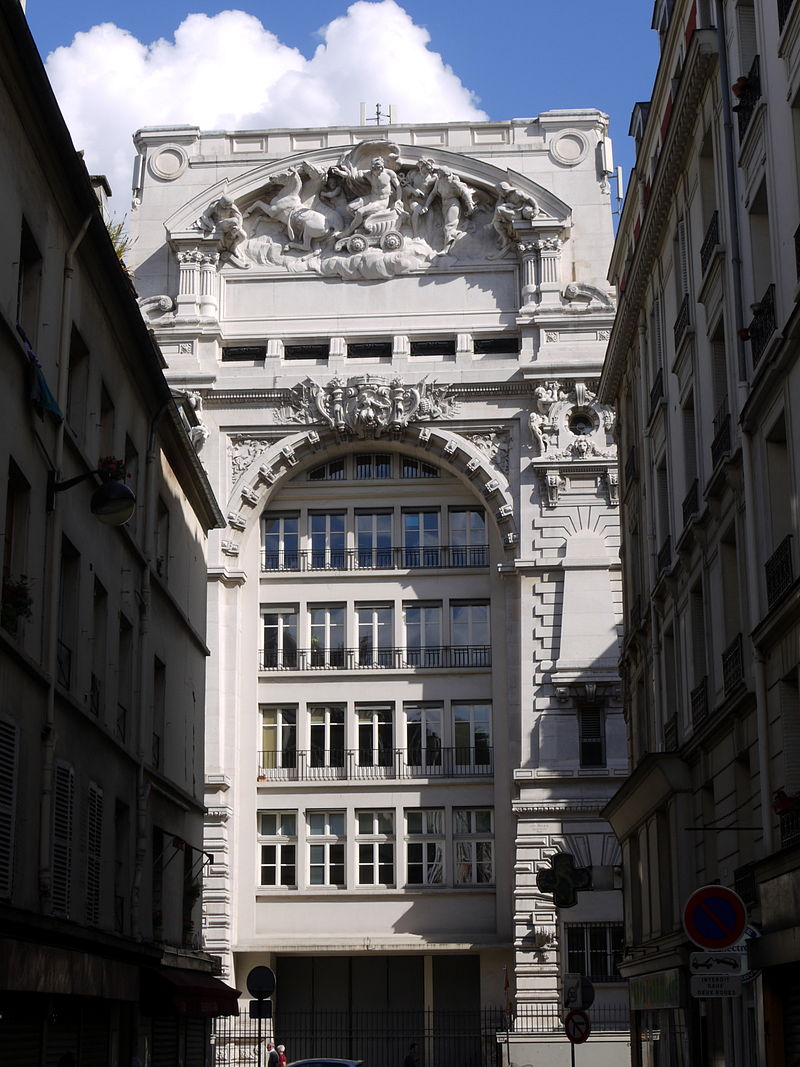
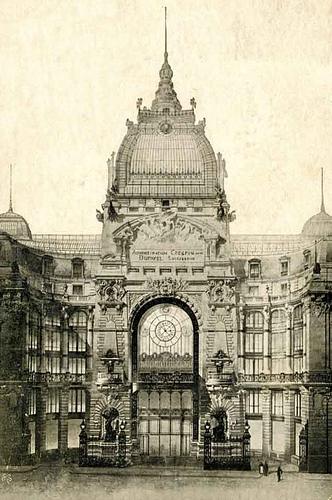
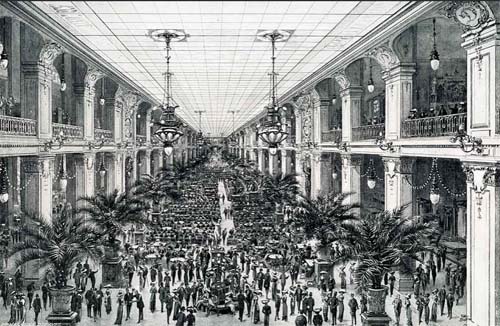
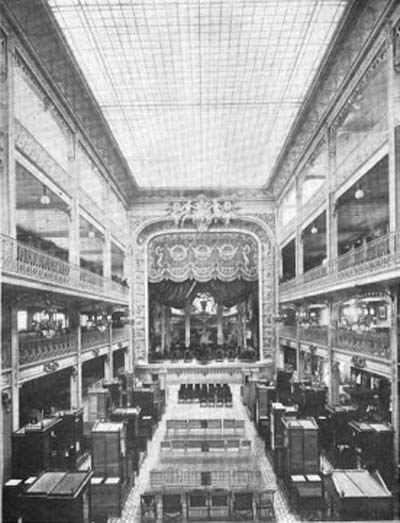
Style/Period(s):
Art Nouveau
Primary Material(s):
Glass, Stone, Metal
Function(s):
Retail Store
Related Website(s):
Significant Date(s):
19th Century, 1856
Additional Information:
Project Description:
The Magasin Dufayel was one of the largest Parisian department stores of the early 20th century. It was known for its monumental entrance and large glass dome that was typical of many other department stores of the time. The store was closed in 1930 after going bankrupt. During WWII, the space was occupied by the Nazis and used for storage. After the war, the building was taken over by Paris National Bank and subsequently the great glass dome was demolished in 1957. Today, the store is largely to be remembered as being the pioneer of modern consumer credit in France, and important step in the department store's legacy of the democratization of consumption.
Publications/Texts in Print:
Miller, Michael. The Bon Marche: Bourgeois Culture and the Department Store, 1869-1920. NJ: Princeton Architectural Press, 2014.
Rosalind H. Williams, Dream Worlds: Mass Consumption in Late Nineteenth-Century France, University of California Press.
Whitaker, Jan. The Department Store: History, Design, Display. London: Thames & Hudson, 2011.
William, John. A History of the Department Store. NY: Macmillan, 1960.
Building Location:
26 rue de Clignancourt
Paris, France
Significant Dates:
1856- Opened
1874 -1913- Store expanded
1930- The building closed.
During WWII- Nazi's used it as storage
1957- The dome covering the monumental entrance to the store was demolished
Supporting Staff/Designers:
Original owner- Jacques Crespin
Architects- Alfred Le Bègue, Gustave Rives
Pediment decorator- Jules Dalou
Sculptor- Alexandre Falguière
Tags:
The Grands Magasins Dufayel, Paris, France, department store, retail,
Viewers should treat all images as copyrighted and refer to each image's links for copyright information.